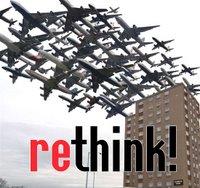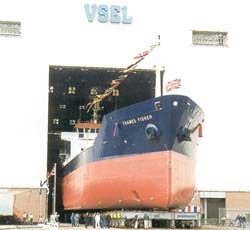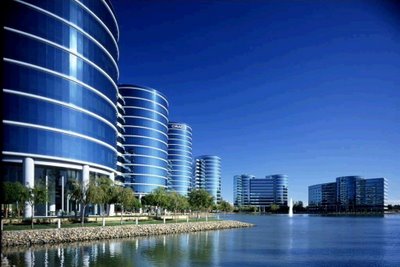
A short post on this just to get it out of my system.
Sanjay Kumar has been found guilty of fraud, the former CEO of CA (formerly Computer Associates) cooked the books in a big way and is now facing substantial time in prison.
My personal involvement (if one can call it that) was that I had the temerity to write a largely supportive report of CA's technology and re brand in 2006, with a rider that with (then current) DOJ investigations one should be slightly cautious. I had been (naively) surprised that other analyst firms had said little or nothing about the mounting and clearly very serious legal situations that CA were finding themselves in. Well I found out why that was, as CA launched a vicious and very personal attack on me once the report was published. It was a low point for me, even though I have been around a long time this was particularly nasty and many were intimidated by it.
Nobody came out particularly well from the encounter - and so there is some satisfaction in seeing the man be found guilty, but I hope CA moves on from this tawdry situation. But I still have doubts, the corporate environment under Kumar's predecessor Charles Wang was poisonous, and it should have improved under Kumar (and in all fairness he did some excellent work in re-positioning and re branding) but it remained poisonous and became criminal. That those who worked so diligently to silence critics of the criminal activity are still in Executive positions there certainly gives plenty of room for doubt to remain.
As buyers, users and those tasked with implementing technology know - the software and hardware is important, but so is trust in your supplier....





